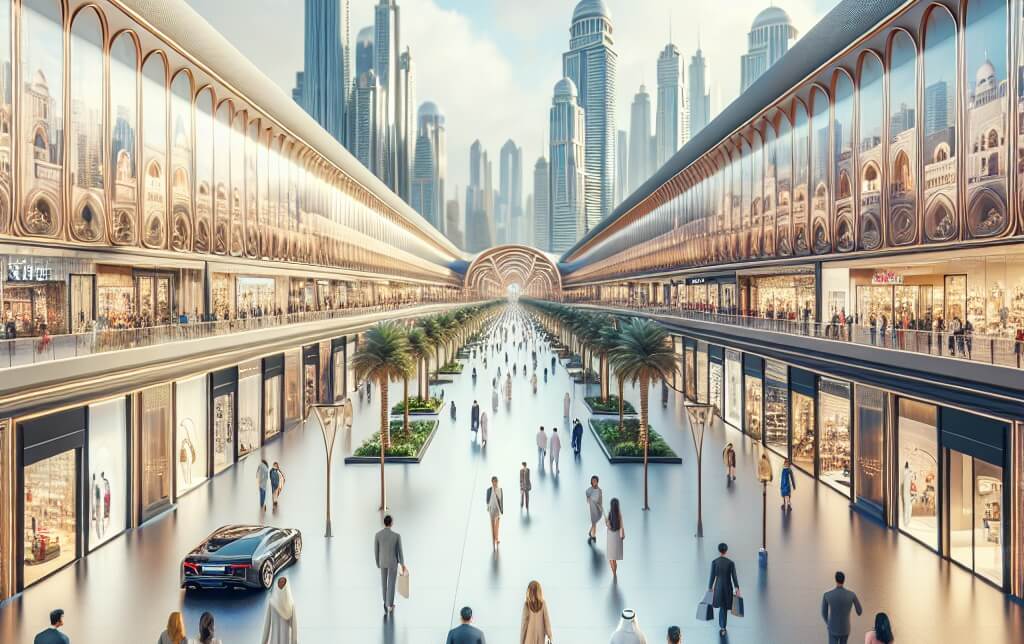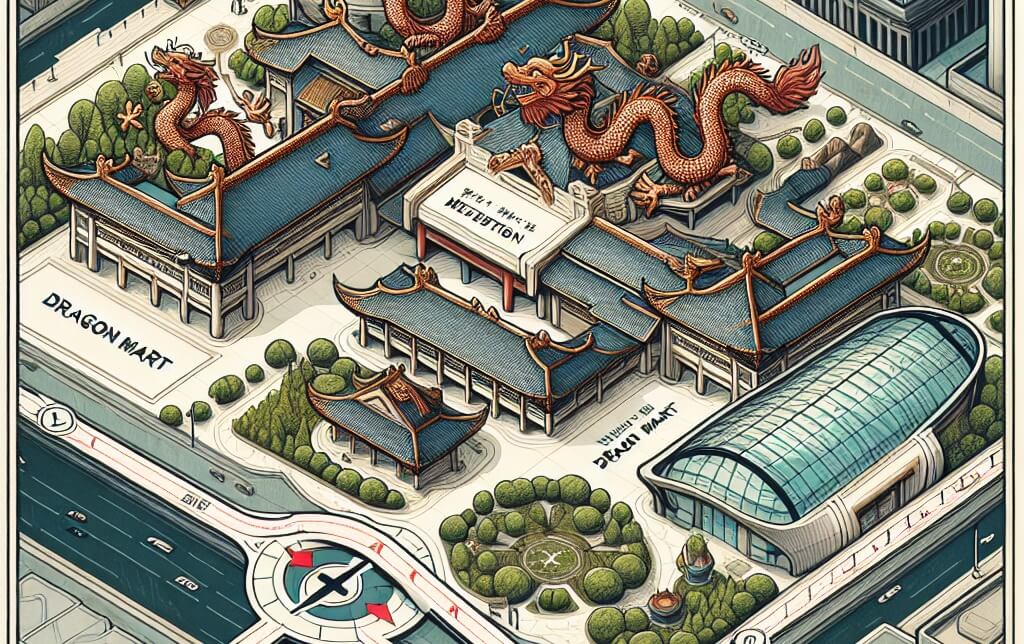
Discover Construction Cost in Dubai - Expert Pricing Guide
When seeking to understand the construction cost in Dubai, it is essential to consult an expert pricing guide to navigate the complex landscape of expenses associated with building projects in this vibrant city. Dubai's construction sector is known for its dynamic nature, with costs varying based on factors such as project size, location, materials, and labor. An expert pricing guide can provide valuable insights into the current market rates, helping stakeholders make informed decisions and budget effectively for their construction endeavors. By leveraging the expertise of professionals well-versed in Dubai's construction industry, individuals and organizations can gain a comprehensive understanding of the pricing dynamics and ensure the successful execution of their projects within budget constraints.
I. Introduction
Introduction The construction industry in Dubai is renowned for its rapid growth and development, making it a hub for architectural innovation and modern infrastructure. As such, understanding the factors that contribute to construction costs in Dubai is crucial for investors, developers, and stakeholders in the industry. By examining the various elements that impact construction expenses, such as material costs, labor rates, regulatory requirements, and market dynamics, a comprehensive understanding of the construction cost landscape in Dubai can be achieved. This analysis will provide valuable insights for decision-makers looking to navigate the complex and dynamic construction market in Dubai.
II. Factors Affecting Construction Cost in Dubai
Several key factors influence construction costs in Dubai. Firstly, the price of materials plays a significant role, as Dubai imports a large portion of its construction materials, making it vulnerable to fluctuations in global market prices. Additionally, the availability of skilled labor can impact costs, as the demand for construction workers in Dubai often exceeds the supply, leading to higher wages. Moreover, regulatory requirements and compliance standards in Dubai can also contribute to construction costs, as adhering to strict regulations may require additional time and resources. Lastly, factors such as exchange rates, inflation, and economic conditions can all influence construction costs in Dubai, making it essential for stakeholders to carefully consider and manage these variables when planning construction projects in the region.
III. Comparison with Saudi Arabia
When comparing construction costs in Dubai with those in Saudi Arabia, several factors must be taken into consideration. Dubai's construction costs are generally higher than those in Saudi Arabia due to the city's more advanced infrastructure, strict building regulations, and higher standards of construction quality. Additionally, the cost of labor and materials in Dubai is typically higher than in Saudi Arabia, contributing to the overall higher construction costs in the city. Despite these differences, both Dubai and Saudi Arabia offer competitive construction markets with various opportunities for growth and development in the construction industry. It is important for investors and developers to carefully analyze these factors when deciding on construction projects in either location.
IV. Influence of Oil Prices
The influence of oil prices on construction costs in Dubai is significant due to the region's heavy reliance on oil revenues to fuel its economy. Fluctuations in oil prices can directly impact the overall cost of construction materials and transportation, as many construction materials are derived from oil-based products. When oil prices are high, construction costs tend to rise as suppliers pass on increased production and transportation costs to consumers. Conversely, lower oil prices can lead to decreased construction costs as input costs decrease. Therefore, it is crucial for stakeholders in the construction industry in Dubai to closely monitor oil price trends and adjust their strategies accordingly to mitigate the impact on construction costs.
V. Real Estate Market and Construction Cost
The real estate market in Dubai plays a significant role in influencing construction costs within the region. The dynamic nature of the market, characterized by fluctuating demand and supply dynamics, directly impacts the cost of construction materials and labor. As Dubai continues to experience rapid urbanization and infrastructure development, the demand for construction services remains high, leading to increased competition among contractors and suppliers. Additionally, factors such as government regulations, currency exchange rates, and global economic trends also contribute to the overall construction cost in Dubai. It is essential for stakeholders in the real estate sector to closely monitor market trends and factors influencing construction costs to make informed decisions and effectively manage project budgets.
VI. Measurement Units
In the context of construction cost in Dubai, the selection and adherence to specific measurement units play a crucial role in ensuring accuracy, consistency, and compliance with industry standards. Utilizing standardized units such as square meters for area, cubic meters for volume, and metric tons for weight is essential for precise estimations and cost calculations. Additionally, employing the correct measurement units facilitates effective communication among project stakeholders, including architects, engineers, contractors, and clients, thereby minimizing errors and discrepancies in the construction process. Ultimately, the meticulous application of measurement units in construction projects in Dubai is imperative for achieving transparency, accountability, and successful project outcomes.
VII. Impact of Construction Cost
The impact of construction cost in Dubai is a crucial factor that significantly influences the development and growth of the construction industry in the region. The escalating costs of materials, labor, and land have a direct impact on the feasibility and profitability of construction projects. High construction costs can lead to delays in project completion, increased financial burden on developers, and ultimately affect the affordability of housing and infrastructure projects. Furthermore, the fluctuating nature of construction costs in Dubai necessitates careful planning, cost estimation, and risk management strategies to ensure the successful execution of projects within budget constraints. As such, stakeholders in the construction sector must closely monitor and adapt to the changing cost dynamics to mitigate potential challenges and maximize the efficiency and sustainability of construction projects in Dubai.
VIII. Future Outlook
The future outlook for construction costs in Dubai appears to be influenced by several key factors. One significant factor is the ongoing development and expansion of the city, which continues to drive demand for construction projects. Additionally, fluctuations in global economic conditions and the availability of resources may impact the cost of materials and labor in the construction industry. Furthermore, with Dubai's ambitious plans for infrastructure and real estate development, there is likely to be a continued pressure on construction costs in the foreseeable future. It is essential for stakeholders in the construction sector to closely monitor these factors and adapt their strategies to mitigate potential cost escalations and ensure the sustainability of projects in the long term.









